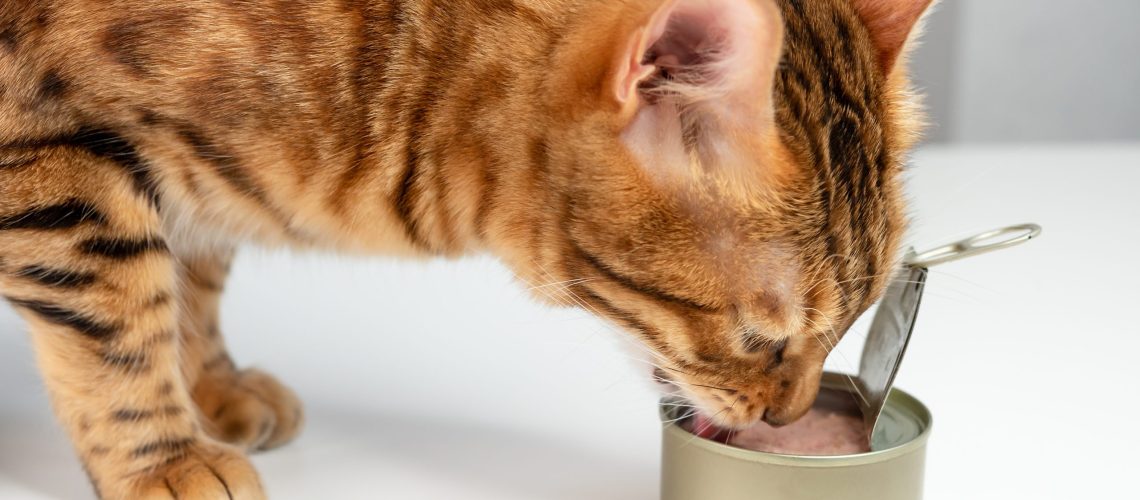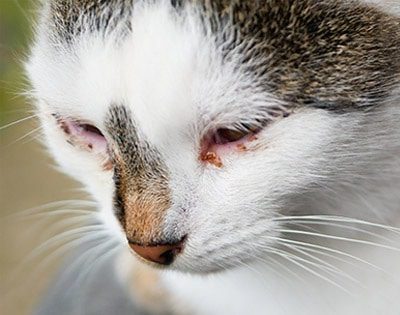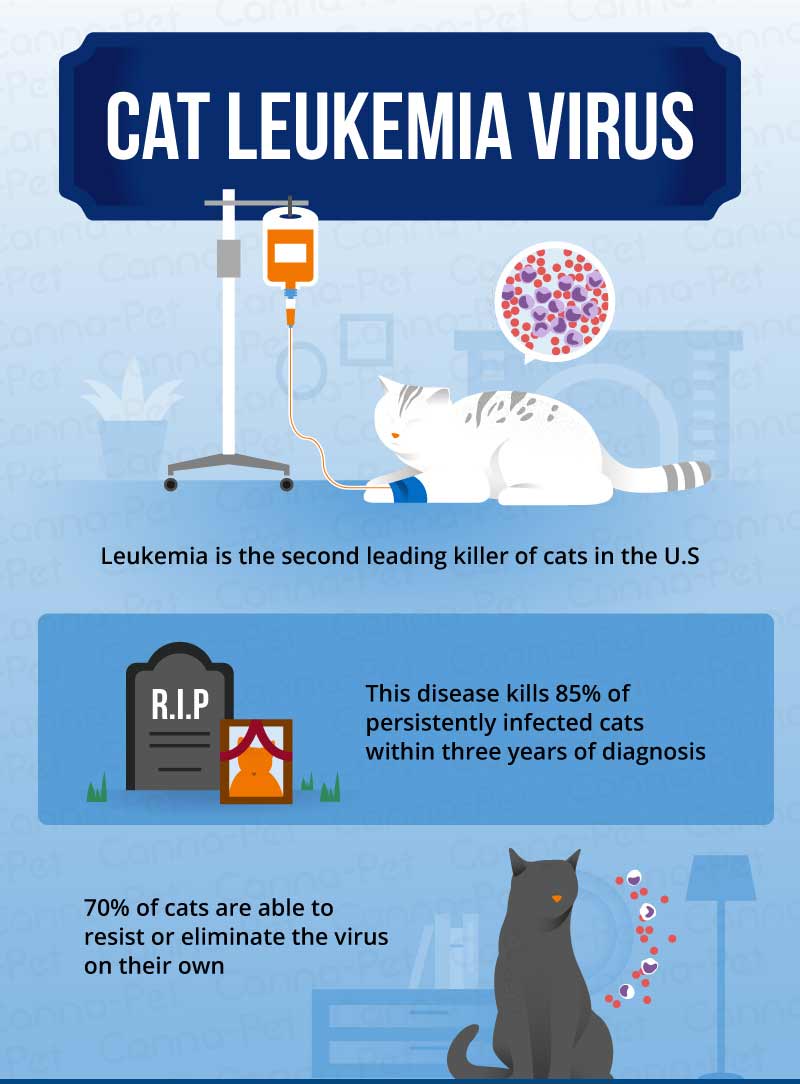Are you a cat lover who wants to ensure your furry friend is getting the best treats possible? Well, look no further! In this article, we will explore the tantalizing world of Tuna Treats and answer the burning question: Can cats have some? Understanding this topic is essential for any cat owner who wants to provide their feline companion with a healthy and enjoyable diet. As we delve into this subject, we will uncover the surprising benefits of tuna treats for cats and reveal some interesting facts that might just change the way you think about your pet's snacks. So, grab a seat and get ready to discover the purr-fect treat for your beloved kitty!
Key Takeaways:
- Tuna treats should only be given to cats in moderation.
- Excessive consumption of tuna can lead to mercury poisoning in cats.
- Cats may develop a dependency on tuna treats, leading to a refusal of other foods.
- Tuna treats should not be the sole source of nutrition for cats.
- It is important to choose tuna treats that are specifically formulated for cats, as regular canned tuna may lack essential nutrients.
What are Tuna Treats and why do cat owners love them?
Cat owners love Tuna Treats because they are a delicious and nutritious snack for their feline friends. Tuna Treats are small, bite-sized treats made from real tuna fish. Cats naturally love the taste of fish, and tuna is one of their favorites. These treats provide a tasty reward for good behavior or can simply be given as a special treat to show love and affection.
Tuna Treats are also popular among cat owners because they offer several benefits for their pets. Firstly, tuna is a great source of protein, which is essential for cats' overall health and wellbeing. Protein helps to build strong muscles and supports healthy growth. Secondly, these treats often contain omega-3 fatty acids, which promote healthy skin and coat in cats. Lastly, the crunchy texture of Tuna Treats can help to keep cats' teeth clean by reducing plaque buildup.
Are Tuna Treats safe for cats to eat?
Yes, Tuna Treats are generally safe for cats to eat when given in moderation. However, it's important to choose high-quality treats specifically made for cats that do not contain any harmful ingredients or additives. Some human-grade tuna products may contain excessive amounts of salt or other seasonings that can be harmful to cats.
Additionally, it's crucial to consider any dietary restrictions or sensitivities your cat may have before introducing Tuna Treats into their diet. If your cat has any known allergies or medical conditions that require a specialized diet, it's best to consult with your veterinarian before giving them any new treats.
How often should cats have Tuna Treats in their diet?
Tuna Treats should be given as an occasional treat rather than a regular part of a cat's diet. While cats love the taste of tuna, it's important to remember that they have specific nutritional needs that should be met through a balanced and complete cat food.
As a general guideline, you can offer Tuna Treats to your cat once or twice a week. This allows them to enjoy the tasty treat without compromising their overall nutrition. It's always a good idea to check the feeding instructions on the package of treats for specific guidelines from the manufacturer.
Can eating too many Tuna Treats harm a cat's health?
Yes, eating too many Tuna Treats can potentially harm a cat's health. While tuna is a nutritious fish, it should be given in moderation as part of a balanced diet. Feeding excessive amounts of Tuna Treats can lead to an imbalance in nutrients and contribute to weight gain or even obesity in cats.
In addition, some Tuna Treats may contain higher levels of salt or other additives that can be harmful if consumed in large quantities. These treats are designed to be given sparingly as special rewards rather than as a substitute for regular meals.
Do cats have any allergies or sensitivities to Tuna Treats?
While most cats can safely enjoy Tuna Treats without any issues, some cats may have allergies or sensitivities to certain ingredients found in these treats. Common allergens include grains, artificial flavors, and preservatives that may be present in some brands of Tuna Treats.
If you notice any signs of an allergic reaction in your cat after giving them Tuna Treats, such as vomiting, diarrhea, itching, or difficulty breathing, it's important to discontinue use immediately and consult with your veterinarian.
What are the main ingredients in Tuna Treats and how do they help cats?
The main ingredient in Tuna Treats is, of course, tuna fish. Tuna is a high-quality source of animal protein that provides essential amino acids for cats' muscle development and overall health. It also contains omega-3 fatty acids, which contribute to healthy skin and a shiny coat in cats.
In addition to tuna, some Tuna Treats may contain other beneficial ingredients such as vitamins and minerals that support cats' immune system and overall wellbeing. These treats are often formulated to be easily digestible and may include natural flavors or antioxidants to enhance the taste and appeal for cats.
Can Tuna Treats be used for training cats? How do they assist in training?
Yes, Tuna Treats can be an excellent tool for training cats. Cats are motivated by food rewards, and the delicious taste of tuna makes it a highly desirable treat for them. When used during training sessions, Tuna Treats can serve as positive reinforcement to reinforce desired behaviors.
By rewarding your cat with a small piece of Tuna Treat every time they successfully perform a trained behavior or command, you can encourage them to repeat the behavior in the future. The aroma and taste of the treat act as an incentive for your cat to pay attention and engage in the training process.
Are there alternative treats that offer similar benefits to Tuna Treats for cats?
Yes, there are several alternative treats available that offer similar benefits to Tuna Treats for cats. Some popular options include:
- Salmon treats: Like tuna, salmon is another fish that most cats find irresistible. Salmon treats provide similar nutritional benefits, including high-quality protein and omega-3 fatty acids.
- Chicken treats: Many cats enjoy the taste of chicken, and chicken treats are widely available. These treats are often made from real chicken meat and provide a good source of protein.
- Freeze-dried meat treats: These treats are made by freeze-drying various meats, such as chicken, beef, or turkey. They retain the natural flavors and nutrients of the meat while offering a crunchy texture that cats love.
When choosing alternative treats for your cat, it's important to consider their individual preferences and any dietary restrictions they may have. Always opt for high-quality treats made from wholesome ingredients to ensure your cat's health and wellbeing.
In conclusion, while cats may enjoy the taste of tuna treats, it is important to limit their consumption due to potential health risks. Feeding them small amounts occasionally as a special treat can be safe, but it's best to consult with a veterinarian for proper guidance on a cat's diet.
Are tuna treats safe for cats?
Although cats can have tuna in small amounts or as an occasional treat, excessive consumption of canned tuna can be harmful to their health. While fish provides protein, a consistent diet of human-grade canned tuna can lead to health issues for cats. Tuna alone does not provide all the necessary nutritional requirements for cats.
Is canned tuna good for cats as a treat?
Cats can be given tuna as an occasional treat, in small quantities, no more than once or twice a week. It is best to choose tuna that is packed in natural spring water. It should be avoided to feed cats tuna that is packed in oil or brine, as these types of tuna contain excessive amounts of salt and oil, which have no nutritional value and can be harmful to cats.
Can cats eat canned tuna and mayo?
A single serving of store-bought mayonnaise, weighing 14 grams, contains around 100 calories, 1.5 grams of saturated fat, and 10 grams of cholesterol. Mayo also includes certain ingredients that may pose potential issues. If you allow your cat to consume mayonnaise with their tuna on a daily basis, they may be susceptible to developing gastrointestinal problems.
Why do cats love canned tuna?
However, it was not just a general craving for umami that the cats had. They had a specific preference for bowls that contained histidine and inosine monophosphate, which are compounds found in high levels in tuna. McGrane states that this combination was one of the cats' most preferred choices and seemed to satisfy their umami cravings.
Can cats have cheese?
Cheeses such as cheddar, parmesan, brie, feta, mozzarella, and blue cheese are not safe for cats to consume due to the lactose they contain, which can cause illness. It is also important to avoid giving cats lactose-free or plant-based cheese, as these alternatives may contain ingredients that are toxic to them.
Can I give my cat milk as a treat?
Simply put, yes, cows' milk is not good for cats. The majority of cats are unable to digest the sugar found in milk, known as lactose, as they lack the necessary enzyme called lactase in their intestines. This means that consuming milk with lactose can make them sick.

















